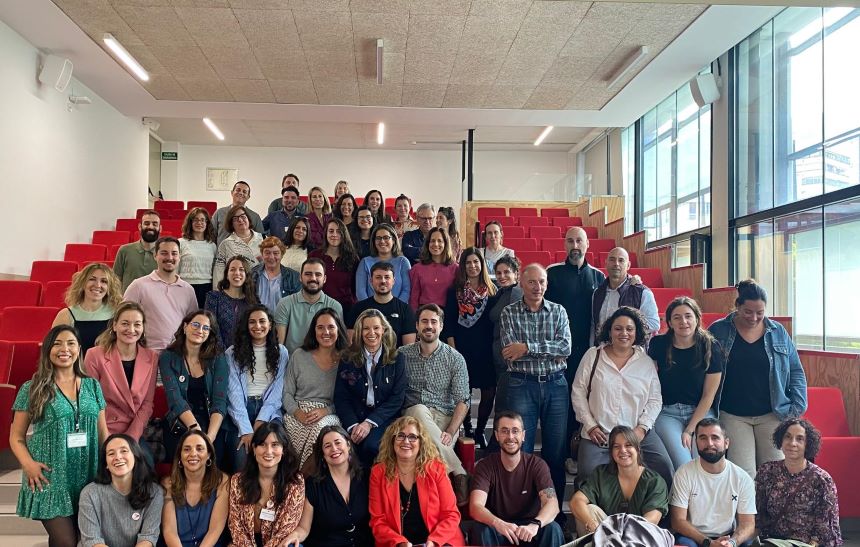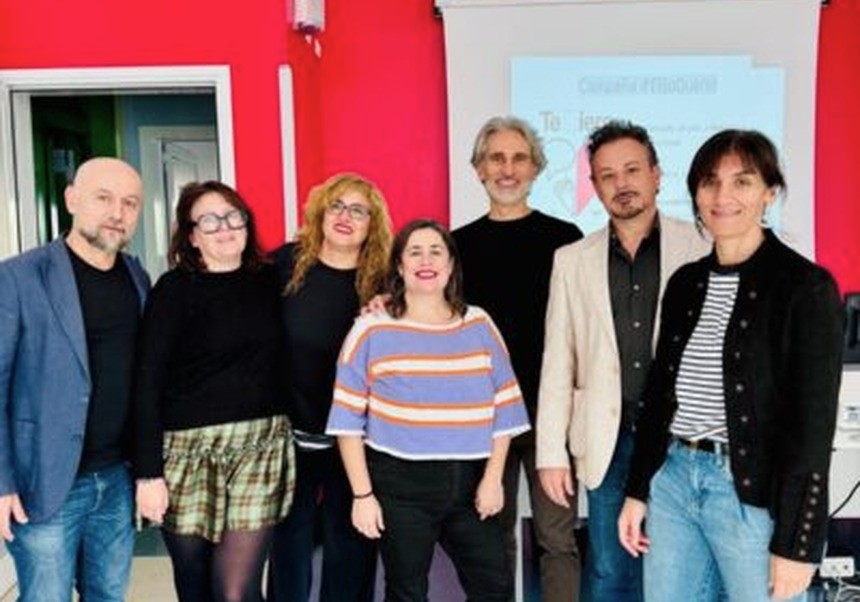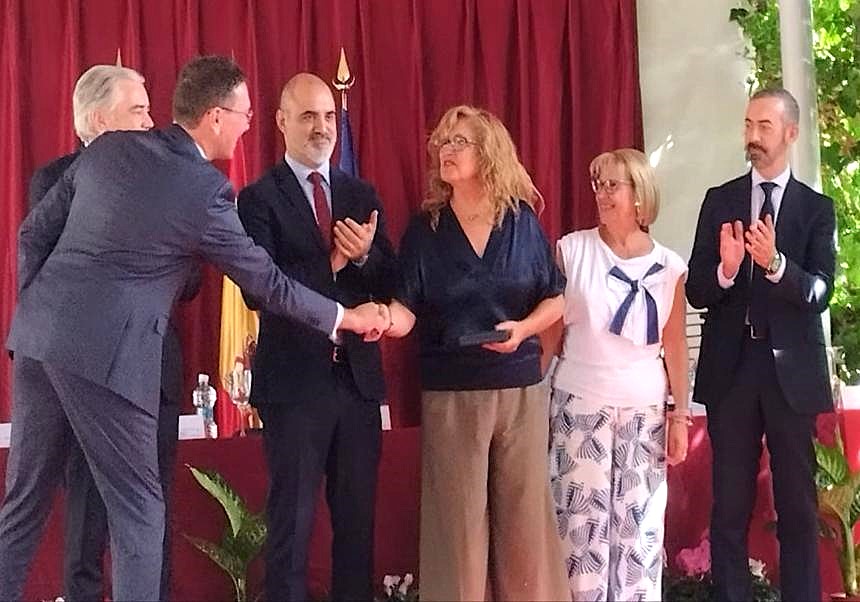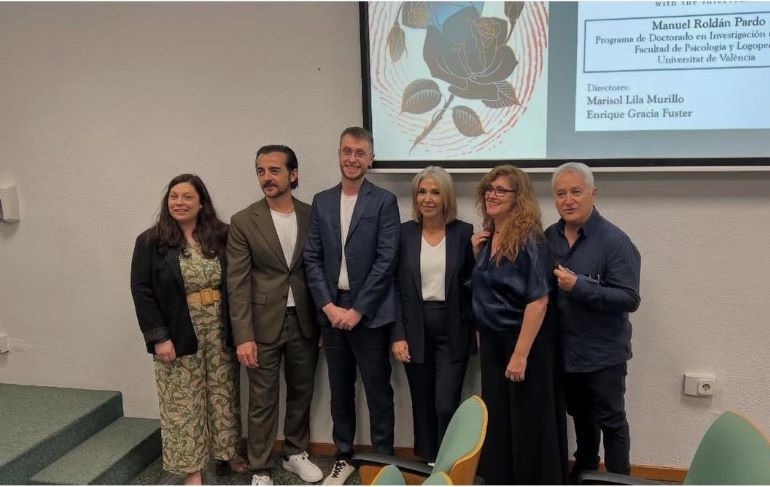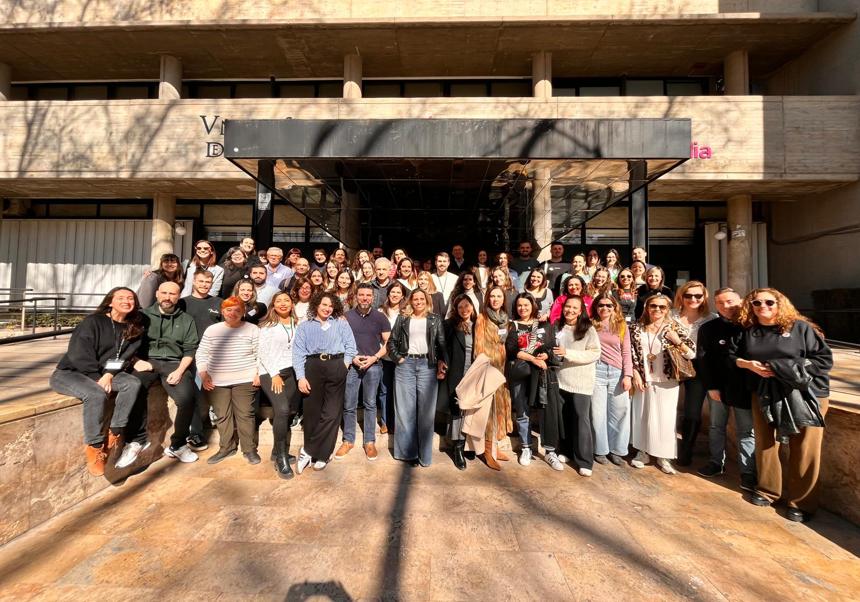En VIO-STRATEGY es compta amb una llarga experiència en l'estudi de l'agressió en les relacions pares-fills, i en particular del maltractament infantil. La violència cap als fills en el context de les pràctiques i estils de disciplina parentals, els efectes de l'agressió i el rebuig parental en l'ajust psicosocial dels fills, l'acceptabilitat cultural del càstig corporal, l'anàlisi de les influències contextuals en el risc de maltractament infantil, i l'anàlisi intercultural són algunes de les àrees on se centra aquesta línia d'investigació.
Violència en les relacions patern filials: El maltractament infantil
- Rodríguez, C. M., Bárrig Jó, P., Gracia, E., & Lila, M. (2023). Social information processing theory indicators of child abuse risk: Cultural comparison of mothers from Peru and the United States. Children, 10(3), 545. https://doi.org/10.3390/children10030545
- Marco, M., López-Quílez, A., Gracia, E., & Maguire-Jack, K. (2022). The spatio-temporal epidemiology of child maltreatment: Using Bayesian hierarchical models to assess neighborhood influences. In K. Maguire-Jack, & C. Katz (Eds.), Neighborhoods, communities and child maltreatment (pp.9-29). Springer. https://doi.org/10.1007/978-3-030-93096-7_2
- Gracia, E., Rodriguez, C. M., Martín-Fernández, M., & Lila, M. (2020). Acceptability of family violence: Underlying ties between intimate partner violence and child abuse. Journal of Interpersonal Violence, 35(17-18), 3217-3236. https://doi.org/10.1177/0886260517707310
- Marco, M., Maguire-Jack, K., Gracia E., López-Quílez, A. (2020). Disadvantaged neighborhoods and the spatial overlap of substantiated and unsubstantiated child maltreatment referrals. Child Abuse & Neglect, 104, 104477. https://doi.org/10.1016/j.chiabu.2020.104477
- Marco, M., Gracia, E., López-Quílez, A., & Freisthler, B. (2019). Child maltreatment and alcohol outlets in Spain: Does the country drinking culture matters? Child Abuse & Neglect, 91, 23-30. https://doi.org/10.1016/j.chiabu.2019.02.010
- Gracia, E., López-Quílez, A., Marco, M., & Lila, M. (2018). Neighborhood characteristics and violence behind closed doors: The spatial overlap of child maltreatment and intimate partner violence. PLoS ONE, 13(6), e0198684. https://doi.org/10.1371/journal.pone.0198684
- Gracia, E., López-Quílez, A., Marco, M., & Lila, M. (2017). Mapping child maltreatment risk: A 12-year spatio-temporal analysis of neighborhood influences. International Journal of Health Geographics, 16, 38. https://doi.org/10.1186/s12942-017-0111-y
- Rodríguez, C. M., Gracia, E., & Lila, M. (2016). A preliminary evaluation of the Spanish parent–child aggression acceptability movie task in Spain. Journal of Family Violence, 31, 549-555. https://doi.org/10.1007/s10896-016-9804-4
- Rodríguez, C. M., Gracia, E., & Lila, M. (2016). Multimethod prediction of child abuse risk in an at-risk sample of male intimate partner violence offenders. Child Abuse & Neglect, 60, 27-35. https://doi.org/10.1016/j.chiabu.2016.09.006
- Gracia, E., Fuentes, M. C., Garcia, F., & Lila, M. (2012). Perceived neighborhood violence, parenting styles, and developmental outcomes among Spanish adolescents. Journal of Community Psychology, 40(8), 1004-1021. https://doi.org/10.1002/jcop.21512
- Gracia, E., & Herrero, J. (2008). Beliefs in the necessity of corporal punishment of children and public perceptions of child physical abuse as a social problem. Child Abuse & Neglect, 32(11), 1058-1062. https://doi.org/10.1016/j.chiabu.2008.05.004
- Gracia, E., & Herrero, J. (2008). Is it considered violence? The acceptability of physical punishment of children in Europe. Journal of Marriage and Family, 70(1), 210-217. https://doi.org/10.1111/j.1741-3737.2007.00472.x
- Gracia, E. (2007). El apoyo social a domicilio: La prevención del riesgo social en familias mediante visitas al hogar. En A. Blanco y J. Rodríguez Marín (Coords.), Intervención psicosocial (pp. 301-322). Prentice-Hall (Pearson Educación).
- Lila, M., Garcia, F., & Gracia, E. (2007). Perceived paternal and maternal acceptance and children's outcomes in Colombia. Social Behavior and Personality, 35(1), 115-124. https://doi.org/10.2224/sbp.2007.35.1.115
- Gracia, E., & Herrero, J. (2006). Perceived neighborhood social disorder and residents’ attitudes toward reporting child physical abuse. Child Abuse & Neglect, 30(4), 357-365. https://doi.org/10.1016/j.chiabu.2005.11.001
- Gracia, E., Lila, M., & Musitu, G. (2005). Rechazo parental y ajuste psicológico y social de los hijos. Salud Mental, 28(2), 73-81. https://www.redalyc.org/pdf/582/58222807.pdf
- Lila, M., & Gracia, E. (2005). Determinantes de la aceptación-rechazo parental. Psicothema, 17(1), 107-111. https://www.redalyc.org/pdf/727/72717117.pdf
- Gracia, E., & Musitu, G. (2003). Social isolation from communities and child maltreatment: A cross-cultural comparison. Child Abuse & Neglect, 27(2), 153-168. https://doi.org/10.1016/S0145-2134(02)00538-0
- Gracia, E. (2002). El maltrato infantil en el contexto de la conducta parental: Percepciones de padres e hijos. Psicothema, 14(2), 274-279. https://www.redalyc.org/pdf/727/72714214.pdf
- Gracia, E. (2002). Las víctimas invisibles de la violencia familiar: El extraño iceberg de la violencia doméstica. Paidós.
- Gracia, E. (2002). Visibilidad y tolerancia social de la violencia familiar. Intervención Psicosocial, 11(2), 201-211. https://journals.copmadrid.org/pi/art/1f4fe6a4411edc2ff625888b4093e917
- Gracia, E., & Musitu, G. (2000). Psicología social de la familia. Paidós.
- Gracia, E. (1995). Visible but unreported: A case for the “not serious enough” cases of child maltreatment. Child Abuse & Neglect, 19(9), 1083-1093. https://doi.org/10.1016/0145-2134(95)00070-O



